

Tao Te Ching

Business
Business sense and practice may have shaped human evolution more than any other influence short of psilocybin. The ability to collaborate and trade gave humans an advantage over many much larger and stronger species. The success and wealth of merchants checked the absolute power of kings and emperors. It provided a channel of opportunity for society’s poor and disenfranchised. It undermined the legacies of oligarchs and nepotistic discrimination making a real balance of equality and freedom possible. Business encourages a more rapid recognition and response to external changes speeding up social, cultural, and political evolution. Business opportunities have “expiration dates,” products come in and out of popularity, and the business reactions to this open doors to more and frequent change. Of course, there’s also a very dark side: consumerism, many levels of materialism, exploitation, and deception. The symbolism of Goethe’s archetypal novel Faust describe these almost universal corruptions.
Quotes (79)
“Trade embodies the principle of liberty. Trade planted America and destroyed Feudalism; it makes peace, keeps peace, and will destroy slavery. It destroyed the old aristocracy and created a new one but this one is based on merit instead of entitlement and is continually falling like the waves of the sea.”
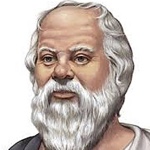
“You should eat to live; not live to eat. (Those who don’t work to live, live long – Yen Tsun, 53-24 BCE.)”
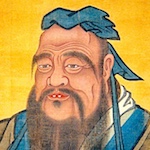 “Why must Your Majesty use the word ‘profit’? Surely, it is true goodness and righteousness alone that matter.”
“Why must Your Majesty use the word ‘profit’? Surely, it is true goodness and righteousness alone that matter.”
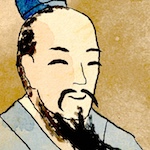
“The reality of the Tao lies in concern for the self. Concern for the state is irrelevant, and concern for the world is cowshit. From this standpoint, the emperor’s work is the sage’s hobby and is not what develops the self or nourishes life.”

“Too many deals impoverish the merchant, too much artistry exhausts the craftsman. When the span of a tree is great, its height is compromised. When the flow of a river is wide, its depth is compromised. If you have knowledge but not skillful means, you will never accomplish anything.”
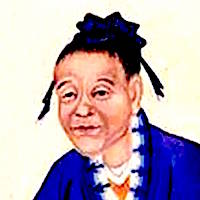
“The skillful employer will employ the wise, the brave, the covetous, and the stupid because the wise delight in establishing merit, the brave in showing their courage in action, the covetous in seizing advantages, and the stupid in having no fear of death.”

“Corporations have neither bodies to be kicked, nor souls to be damned.”

“Merchants were the great men of the earth, because all the nations were deceived by their sorcery.”

“The more a rich man values a horse,
The more stubborn-headed the merchant is on his selling price.”

“Merchants are the biggest fools of all—they will lie, perjure themselves, steal, cheat, and mislead the public. Nevertheless they are highly respected because of their money.”
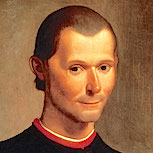
“Benefits should be granted little by little so that they may be better enjoyed.”

“Better to be cheated in the price rather than in the quality of goods. (chapter 157)”

“Trade in general being nothing else but the exchange of labor for labor, the value of all things is most justly measured by labor.”
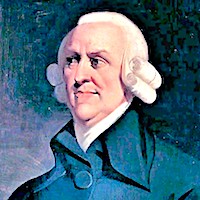
“It is not from the benevolence of the butcher, the brewer, or the baker that we expect our dinner, but from their regard to their own interest. We address ourselves, not to their humanity, but to their self-love”

“The ultimate goal of business is not to make a profit. Profit is just the means. The goal is general welfare.”
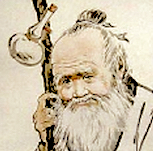
“competitiveness and desire for power are the beginnings of beckoning disaster in business and social relations.”
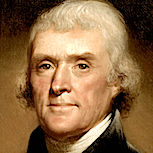
“Merchants have no country. The mere spot they stand on does not constitute so strong an attachment as that from which they draw their gains.”
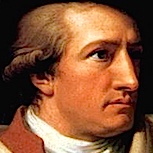
“Everything which is properly business we must keep carefully separate from life. Business requires earnestness and method; life must have a freer handling.”

“Getting and spending, we lay wast our powers
Little we see in Nature that is ours
We have given our hearts away, a sordid boon!”

“Wealth is nowhere more at home than in the merchant class because merchants look upon money only as a means of further gain, just as a workman regards his tools so they try to preserve and increase it by using it.”

“In democracies, nothing is more great or more brilliant than commerce: it attracts the attention of the public, and fills the imagination of the multitude; all energetic passions are directed toward it.”
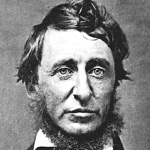
“The cost of a thing is the amount of what I will call life which is required to be exchanged for it, immediately or in the long run.”

“… men labor under a mistake. The better part of the man is soon polished into the soil for compost… they are employed laying up treasures which moth and rust will corrupt and thieves break through and steal. It is a fool’s life, as they will find when they get to the end of it, if not before.”
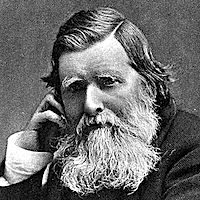
“There is hardly anything in the world that some man cannot make a little worse and sell a little cheaper, and the people who consider price only are this man's lawful prey.”

“any hardship is better than pretending to do what one is paid for, and never really doing it.”
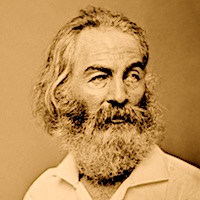
“In business, the one sole object is, by any means, pecuniary gain. The magician's serpent in the fable ate up all the other serpents; and money-making is our magican's serpent, remaining today sole master... saturated in corruption, bribery, falsehood, mal-administration”

“Perpetual devotion to what a man calls his business is only to be sustained by perpetual neglect of many other things.”
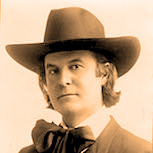
“Business is done only where there is enthusiasm. Without good cheer, firm faith in the future and in your fellow-men, you are only a candidate for the Down-and-Out Club.”
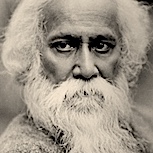
“I will not buy glass for the price of diamonds, and I will never allow patriotism to triumph over humanity.”
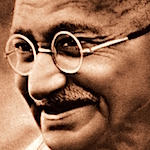
“It is difficult but not impossible to conduct strictly honest business. what is true is that honesty is incompatible with the amassing of a large fortune.”
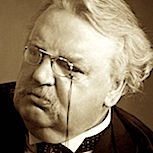
“Patience is a most necessary quality for business; many a man would rather you heard his story than grant his request.”

“a successful business man attaining all his desires regardless of death and the devil, and then withdrawing from activity at the crowning point of his success... changes him into a querulous old woman, fastens him to his bed, and thus finally destroys him.”
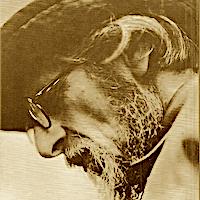
“Where modern Industrialism prevails... commerce settles on every tree and there must be felt continual anxiety about a bare subsistence; the victim of Industry must confine his thoughts to the subject of tomorrow's food for himself and his family”

“No business which depends for existence on paying less than living wages to its workers has any right to continue in this country.”

“It is in exchanging the gifts of the earth that you shall find abundance and be satisfied - but only if in love and kindly justice or it will only lead some to greed and others to hunger”

“This is true happiness: to have no ambition and to work like a horse as if you had every ambition.”

“Our industrial leaders should welcome and help to implement the welfare state as a humane mitigation of the painful inequality of human fortune, and a saving substitute from social turmoil and dictatorial repression.”

“We preach Christ to them and then cheat so much in business that the government has to intervene to protect the consumer against deceptive labels, dangerous cars, poisonous drugs, chemicalized food, and shoddy goods, while the government itself competes in corruption and mendacity.”
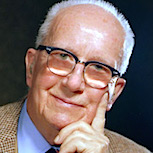
“The true business of people should be to go back to school and think about whatever it was they were thinking about before somebody came along and told them they had to earn a living.”

“All the present bureaucracies of political governments, great religious organizations, and all big businesses find that physical success for all humanity would be devastating to the perpetuation of their ongoing activities.”

“Man does not only sell commodities, he sells himself and feels himself to be a commodity.”
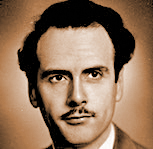
“When producers want to know what the public wants, they graph it as curves. When they want to tell the public what to get, they say it in curves.”

“It might be said that it is the ideal of the employer to have production without employees and the ideal of the employee is to have income without work.”
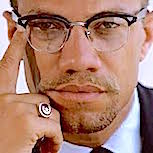
“Anytime you find someone more successful than you are, especially when you're both engaged in the same business - you know they're doing something that you aren't.”
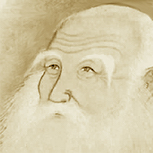
“The future of business? – A faster and faster transition from the mechanical, rote, and unskilled to the innovative, educated and personal as technology, computers, and robots assume bigger and bigger roles.”

“In the people who run such businesses we find only hypocrisy, profiteering, and disinformation… a perfect example of institutionalized selfishness.”
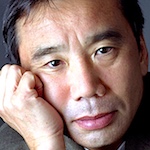
“The magic touch, that special spark needed to create a successful business... spend your money for the things that money can buy, don't worry about profit or loss, and save your energy for the things that money can't buy.”

“America used to have citizens. Then its government put it up for sale. Now it's got investors. You and I work for the investors.”
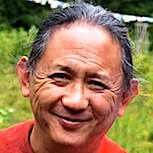
“While corporations continue to pretend climate change is nature's doing... We simply point out that it's good for business to lose a bit of that excess weight. It's good for business to make a positive contribution to the world.”

“Were it not for businessmen seeking to make money, Columbus would not have reached America James Cook would not have reached Australia, and Neil Armstrong would never have taken that small step on the surface of the moon.”

“Napoleon made fun of the British, calling them a nation of shopkeepers. Yet these shopkeepers defeated Napoleon himself, and their empire was the largest the world has ever seen.”
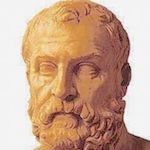



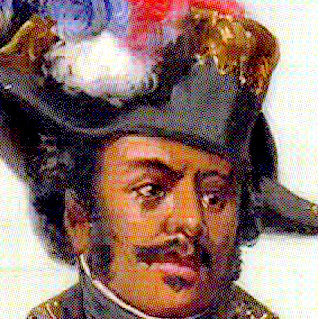
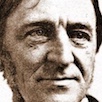
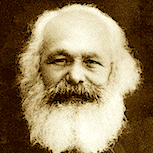
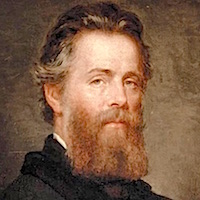


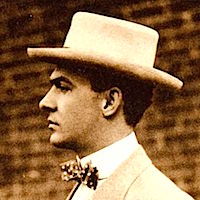
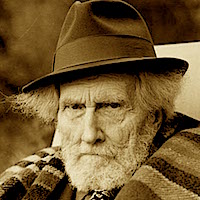

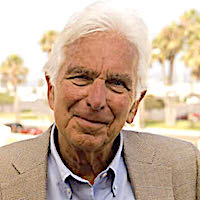
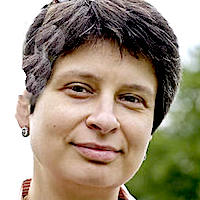

Comments (0)